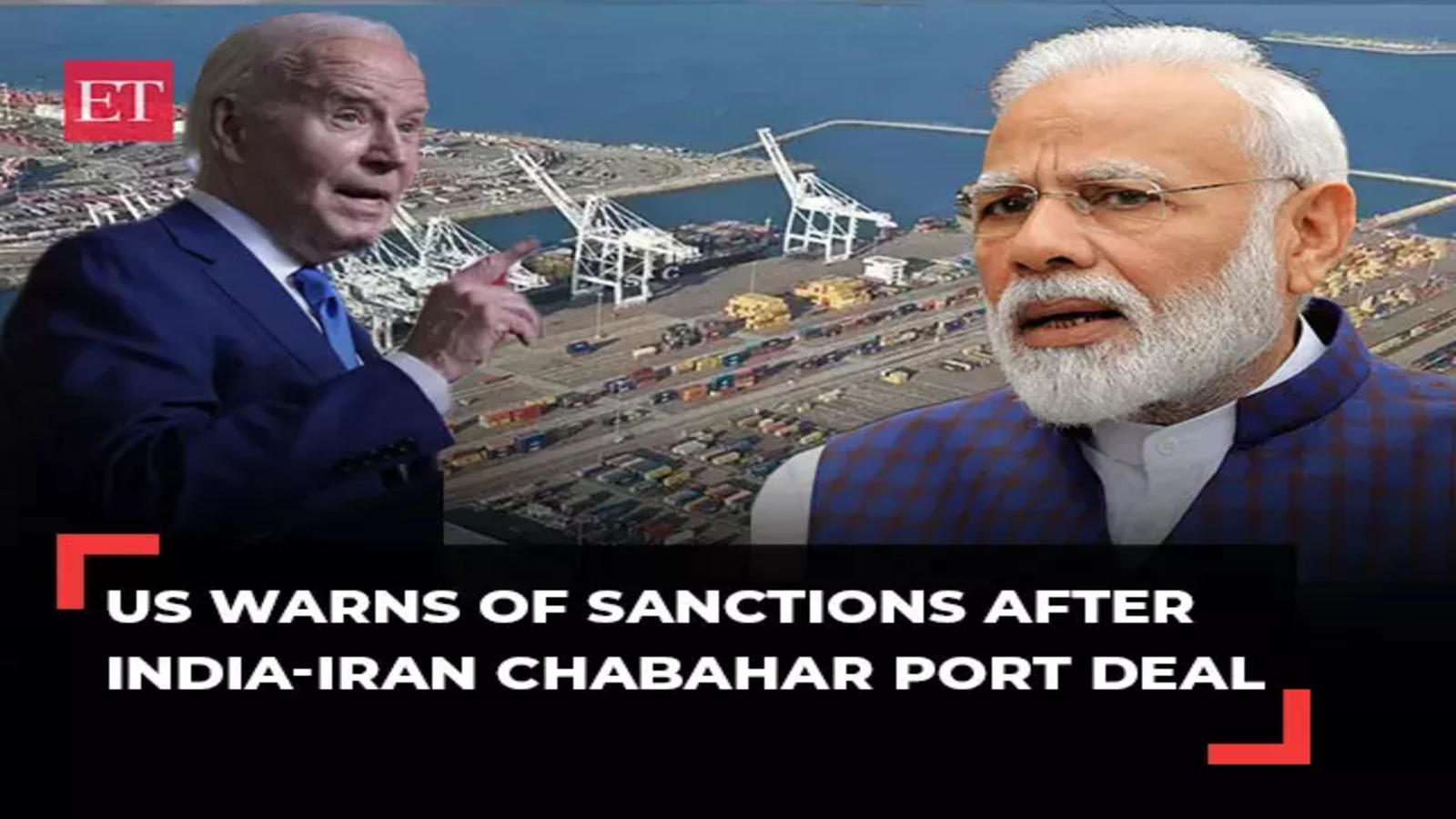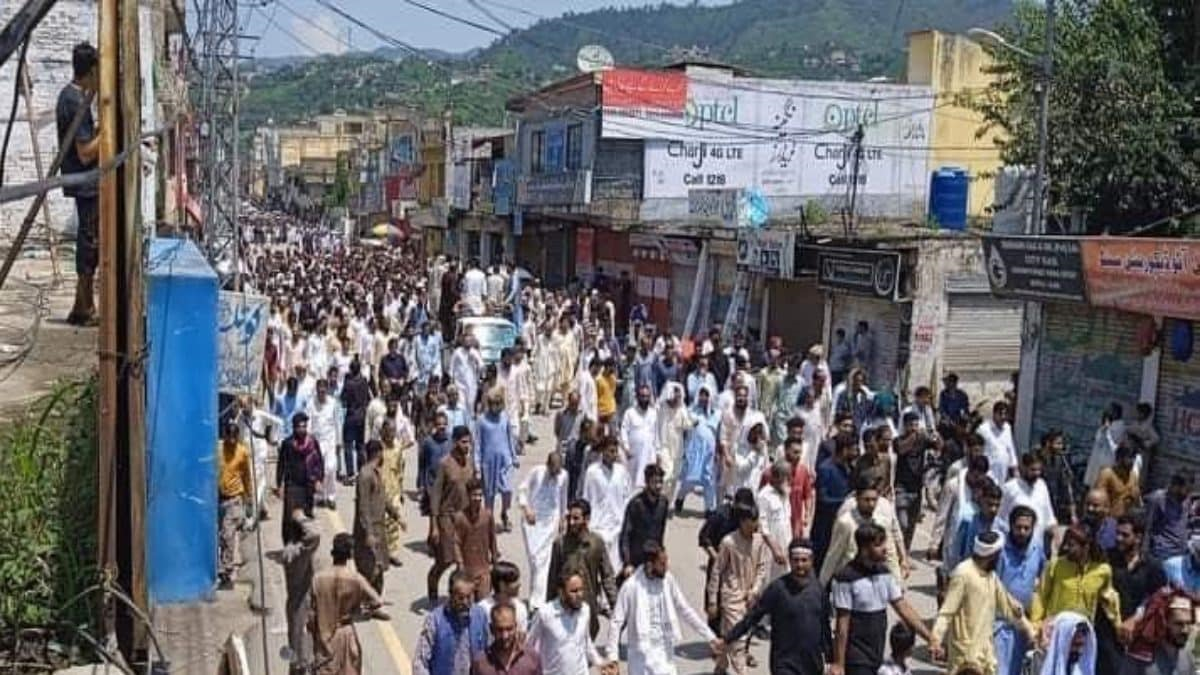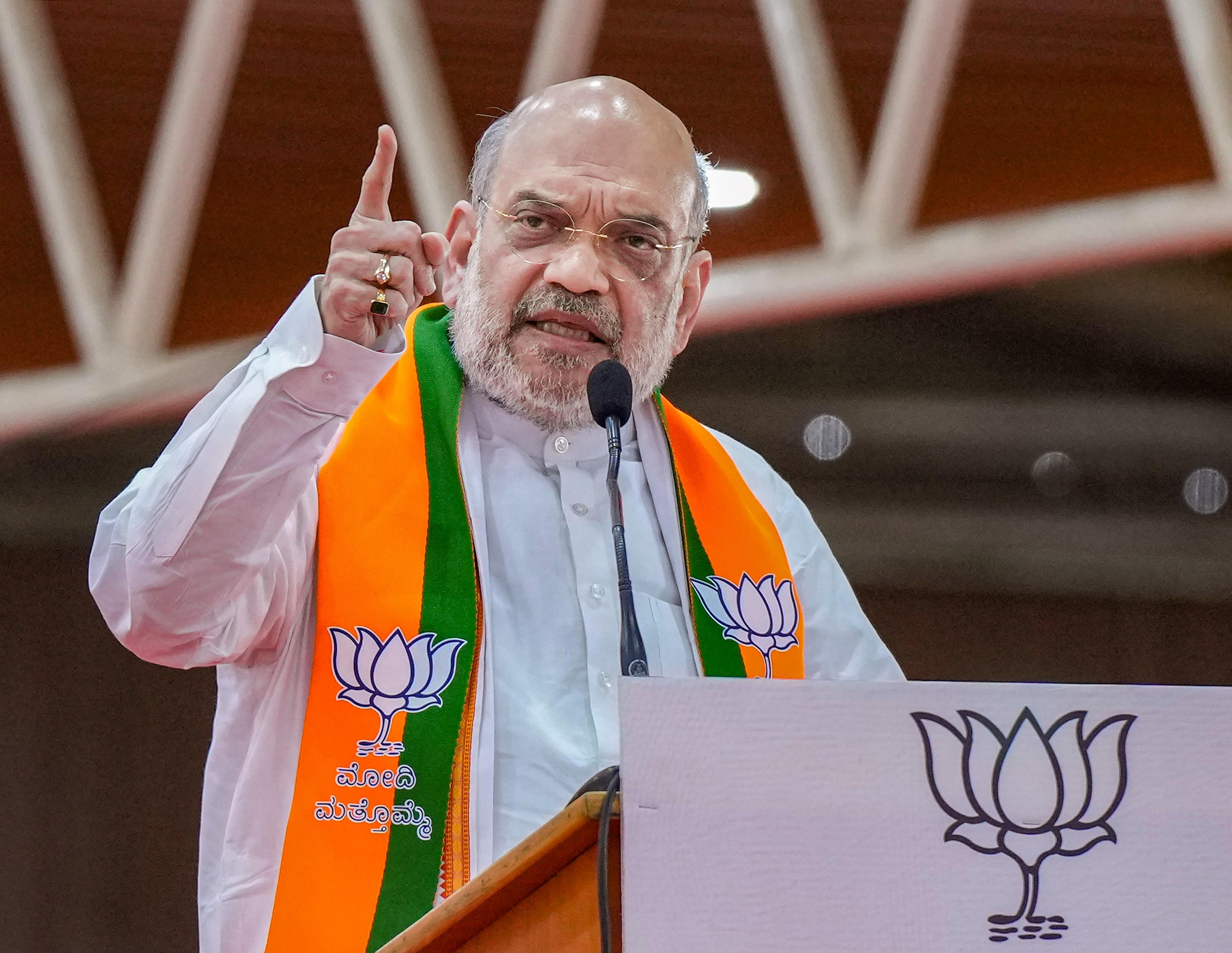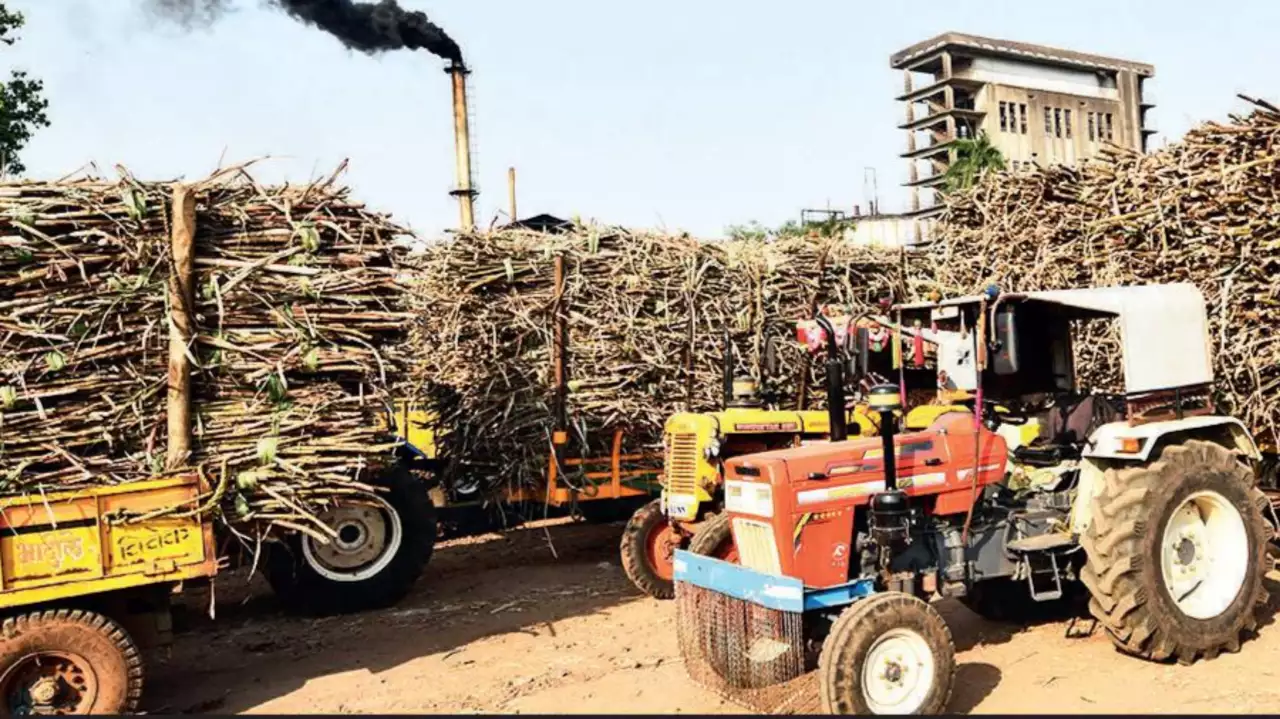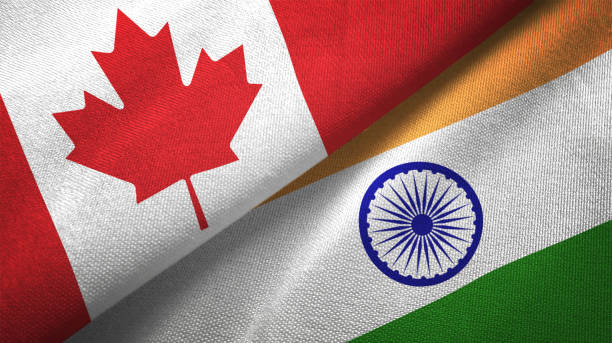Politics
More Voters Cast Ballots Despite “Low Turnout” Claims, Says SBI Research
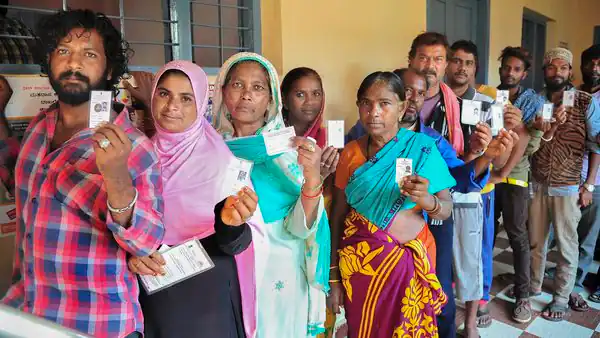
The Daily Guardian is now on Telegram. Click here to join our channel (@thedailyguardian) and stay updated with the latest headlines.
For the latest news Download The Daily Guardian App.
International Relations
US Warns of sanctions over India-Iran port deal
International Relations
Taiwan reports Chinese incursion in strait
Politics
Protestors reject PoJK Govt’s electricity price cut offer amid clashes
Politics
Amit Shah foresees stock market surge post PM Modi’s June 4th victory
Politics
Modi Govt aims to revive 14 closed sugar mills: Bihar Deputy CM
International Relations
Canada welcomes India’s decision to resume some visa service
-

 Opinion2 years ago
Opinion2 years agoPakistan-China nexus trying to sow doubts in Indian society about governance systems
-

 Fashion7 years ago
Fashion7 years agoThese ’90s fashion trends are making a comeback in 2017
-

 Entertainment7 years ago
Entertainment7 years agoThe old and New Edition cast comes together to perform
-

 Entertainment7 years ago
Entertainment7 years agoThe final 6 ‘Game of Thrones’ episodes might feel like a full season
-

 Opinion2 years ago
Opinion2 years agoEnvironment day with a missing spring and lost souls
-

 Business News2 years ago
Business News2 years agoIndia Becomes World’s 5th Biggest Economy
-

 Policy&Politics2 years ago
Policy&Politics2 years agoA successful SME must understand his 5 wives
-

 Business News2 years ago
Business News2 years ago‘75K STARTUPS DEFINE THE POWER OF INNOVATION’



